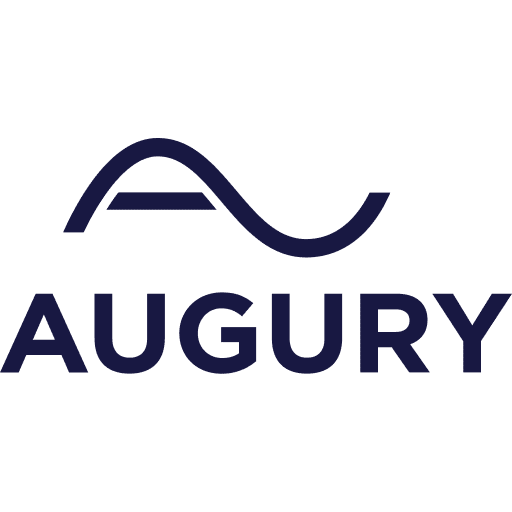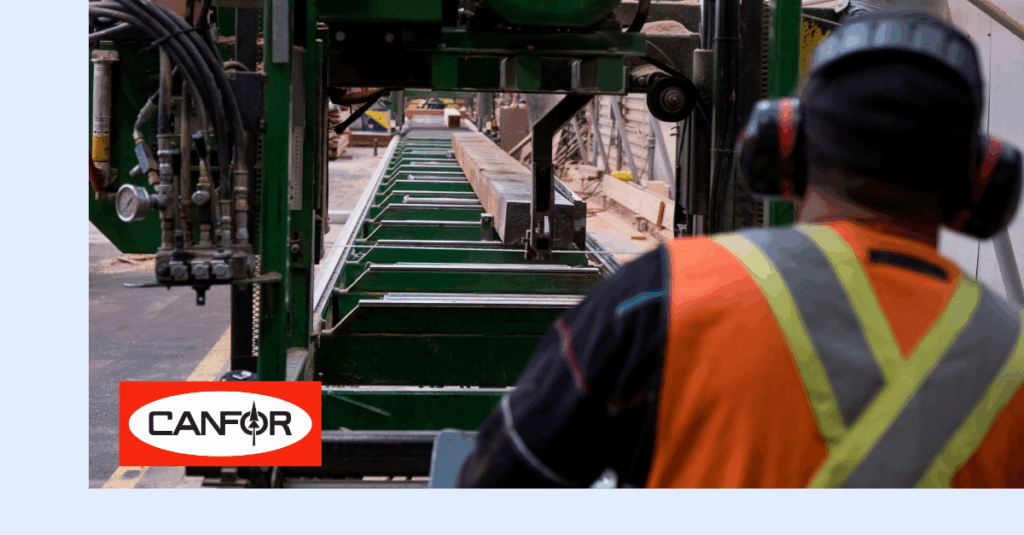
In a recent episode of the Manufacturing Meet Up podcast, hosts Alvaro Cuba and Ed Ballina spoke with Ric Wojcik, Senior Manufacturing Engineering Manager at Fiberon Decking‘s New London facility (part of Fortune Brands Innovation), about his team’s success with AI-driven Machine Health monitoring.
Wojcik’s team recently won first place in Augury’s inaugural Spotlight Awards, recognizing the top 5% of facilities demonstrating excellence in implementing Machine Health technology. Their results speak volumes: a 2.5X ROI on their initial 40-machine pilot in just eight months and a 100% response rate to alerts, resulting in significantly reduced downtime and increased production.
From Skeptic to Believer
Wojcik admits he was initially cautious about adopting the technology. “I was a bit apprehensive. In my past maintenance life, I tried similar systems that did not perform,” he explains. “I could tell that Augury was unique from other companies and could be a game-changer for us, and I was willing to take the chance. I’m so pleased that we did!”
Before implementing predictive maintenance, the New London team faced typical maintenance challenges. “Our objective is always to keep uptime at the front. For the size of our facility and maintenance group, it’s always a challenge being on top of everything from a reliability perspective,” says Wojcik. “Failures are one thing; failures at two o’clock in the morning on a Saturday are a whole other deal. Those can be frustrating for everybody.”
What Made the Difference
Unlike previous systems the team had tried, Augury’s solution provided continuous monitoring support. “It’s kind of like another person on your maintenance crew that you don’t have to feed,” Wojcik notes. “A person who can interpret the data they’re seeing daily, give us a heads up when something is in trouble, when it may fail, and what we need to do moving forward to keep it on track.”
The most compelling selling point was the noticeable drop in downtime. Host Ed Ballina highlighted another critical factor: accuracy. “It’s such a key point because a system that constantly cries wolf for us manufacturing folks… You give that two chances. You need that 98-99 percent accuracy.”
The Turning Point
The pivotal moment for the New London team involved a large extruder motor and associated gearboxes. “The Augury system told us to check these components,” recalls Wojcik. “We had a bad setup, and they needed to be replaced. But we could do it during a planned shutdown. Had that failed in the middle of the night or on a weekend, we wouldn’t have been able to respond so fast. That was the biggest bang for the buck.”
Beyond the maintenance benefits, Wojcik emphasized the safety advantages: “We could do the change out in a controlled situation and not in panic mode.”
Scaling Success
Following their successful pilot, the New London team has expanded coverage to all 180 machines in their facility, including non-critical equipment. The technology is now scaling across the entire Fortune Brands portfolio, with plans to also integrate Process Health monitoring.
Advice for Implementation
Based on his experience, Wojcik offers practical guidance for organizations considering similar technology:
- Be strategic from the start: “Be prepared up front. Understand what you want to cover. Ensure you are getting the critical pieces under the system—those things that will shut you down for a day or two.”
- Collaborate with stakeholders: “Find out what’s important to everybody.”
- Develop a follow-up plan: “You can get lost in the systems. Develop a good follow-up plan and how you will move forward once you start receiving information.”
- Prepare for revelations: “If you haven’t had Augury from the beginning, you’re going to hook all these sensors up and then suddenly, you’re going to find out you have problems you never knew you had.”
This implementation exemplifies how AI-driven predictive maintenance is revolutionizing manufacturing operations. It is turning skeptics into advocates and transforming maintenance from reactive to proactive, with measurable improvements in productivity, safety, and cost efficiency.




